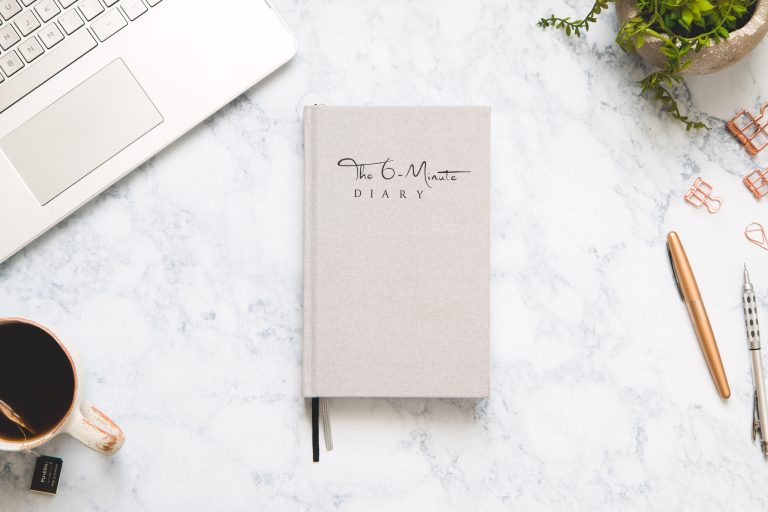Don’t get me wrong, I’m a strong advocate for self-improvement. My journey began at thirteen when my grandfather gave me the book, The Power of Your Subconscious Mind. Since then, I’ve been committed to becoming the best version of myself. But here’s the thing. The path of self-improvement often leads to two problematic mindsets:
- Becoming so fixated on our goals that we rush through life, missing out on the very experience of living.
- Believing that achieving a specific goal will automatically grant us happiness, love, respect, and more.
My favorite Italian proverb, ‘chi va piano va sano e va lontano,’ roughly translates to ‘if you go slowly, you’ll go healthily and far.’ The English equivalent, ‘steady pace wins the race,’ carries a similar sentiment. The Germans also have a comparable saying: ‘Eile mit Weile‘—haste without speed. To me, all these expressions boil down to ‘one step at a time.’

If you’ve ever visited Italy or Germany, you know these sayings aren’t just words; they are a way of life. The pace in these cultures is distinctly slower compared to California, where I lived at the time of writing this. In Italy, stores often close for lunch, and in Germany, Sundays usually mean closed stores—almost unimaginable in this age of instant gratification.
I grew up in these cultures, but when I started my self-improvement journey, all the advice I consumed came from the U.S., particularly the parts of the U.S. where working overtime, multitasking, and perpetual busyness are societal norms. For the longest time, I didn’t question the healthiness of this approach. Considering that I worked myself into burnout in my early twenties, I would argue that it’s not.
So, how can we achieve our goals without feeling overwhelmed?
Hitting the Brakes
I’m not alone in this. When I visited the doctor in 2009, she remarked—while writing my Lexapro prescription—’You wouldn’t believe how many executives are on anti-anxiety medication.’ As if it’s a badge of honor, a prerequisite for success.
Consider this: some of the smartest, most admirable individuals I know rely on anti-anxiety medication. And this number is on the rise. In 2018, NBC and other news outlets reported, ‘Anti-anxiety drugs are fueling the next drug crisis in the U.S.’

And it’s not limited to anxiety. There are so many stress-related ailments. A few years ago, I battled breathing issues that required medication three times daily. But as soon as I prioritized self-care—taking frequent breaks, meditation, and journaling—it took less than a week for all of it to go away.
My recovery journey also involved a social media hiatus. The reason? I perpetually compared myself to others. Not once did I pause to think, ‘My circumstances are different. I can’t achieve everything they do in my current time frame. That doesn’t make me a failure or less diligent; it just means I need to go at my own pace.’
Remember, we likely have many years ahead of us. Do we have to accomplish everything right now?
Guess what happened when I committed to no longer rushing through life? I still achieve my goals, but now with better health and much more fun along the way.
Mastering One Day at a Time
Embracing a slower pace is a conscious choice I make daily. At some point, ‘I’ll rest when I’m dead’ had become my default. And that’s a dangerous mindset. When we don’t get enough rest, we’ll likely die a whole lot sooner—and possibly alone in an empty paradise. (No one enjoys being around someone who’s grumpy and tired all the time.)
Yes, I still have days when I write or read instead of sleeping. And that’s alright. Perfection isn’t my goal. I’ve followed the ’80/20 rule’ for years for healthy eating and weight maintenance. Around 80% of the time, I eat well, allowing for the 20% when I indulge. Why not adopt the same mindset for our goals to avoid overwhelm?
To put an end to the constant ‘if I have/do this [insert goal], then I’ll be happy, loved, respected, etc.’ thinking, I take the same approach. I take it one day at a time. Two practices have proven particularly effective: gratitude and reflecting on achievements. I usually do both in the form of journaling. I love The 6-Minute Diary PURE by fellow German, Dominik Spenst.

Each day (or about 80% of my days), I write down what makes me grateful and happy—talking with friends and family, autumn leaves, clean air—and I note both small and significant steps I’ve taken toward my goals. I highly recommend maintaining two lists: one for all the things that bring you joy and one for accomplishments throughout life. Review them regularly.
Lastly, we should also keep in mind what Sadia Badiei said in the videos below, that it’s ok to not be in a constant state of bliss. “We need the ups and downs and hardships to learn and grow. And those ‘down’ moments help us appreciate the ‘up’ moments so much more.”
Recommended Watching
[VIDEO] A Healthy ImBalance by Sadia Badiei (Pick Up Limes)
[VIDEO] If You Do This… Then You’ll Be Happy by Sadia Badiei (Pick Up Limes)

About the Author
Alex Benkast
As both an immigrant and a bit of a free spirit herself, Alex writes romance novels that challenge the status quo. She also helps aspiring authors from marginalized groups and diverse backgrounds write the book they’ve always wanted to write.